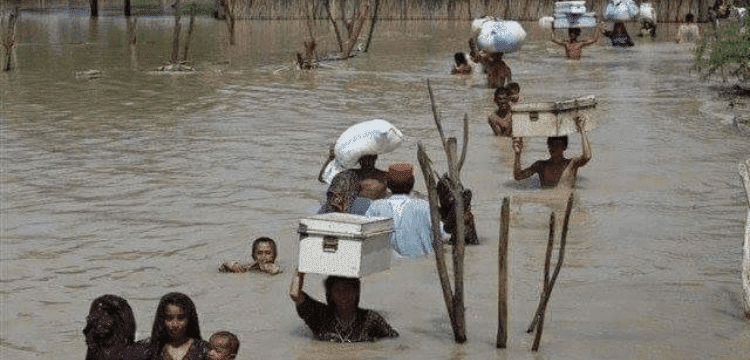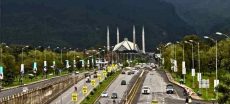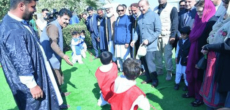[vc_row][vc_column][vc_column_text dp_text_size=”size-4″]The Human Rights Commission of Pakistan (HRCP), in Karachi, has raised concern over the law and order situation, the high rate of gender-based violence, the safety of journalists, and the sluggish recovery of flood-affected areas in northern Sindh.
According to a news release released on Saturday, the HRCP made this statement at the conclusion of a well-known fact-finding visit to northern Sindh. The extent of political and feudal influence over state institutions and agencies, which affects people’s access to justice and hinders their ability to exercise their rights, also worried the mission.
Hina Jilani, the chairwoman of the HRCP, Sindh Qazi Khizer Habib, Sadia Bokhari, a councilwoman, and prominent activist Imdad Chandio made up the expedition. Asad Iqbal Butt, the co-chair of the HRCP, accompanied the team as they travelled to Ghotki, Kandkhot, Jacobabad, and Larkana.
Reports that families impacted by the disastrous floods last year have not yet received compensation or help to reconstruct their houses worried the mission particularly. The district commissioner in Qambar-Shahdadkot informed the delegation that more over 142,000 homes had been destroyed in this region alone. Additionally, with little indication that the situation is getting better, the number of destroyed schools has significantly disrupted children’s education.
At least 300 recorded cases of kidnapping for ransom in Ghotki, with women and children as the main targets, concerned the expedition. Police reports claim that military-grade weaponry, purportedly from Balochistan, have been used in such incidents, raising concerns about the province’s border security. With the numerous checkpoints that line the border, the locals have also accused the security forces of being complicit.
The expedition was horrified to see that victims included young girls, married women, and even elderly women during their tour to Kandhkot and Jacobabad, which appears to have the greatest rate of honour killings in the region. Families of victims have also expressed their dissatisfaction with unduly protracted inquiry and legal proceedings.
The team was alarmed to find that journalists in Ghotki, Kandhkot, and Larkana found it challenging to report on powerful individuals because of fear of retaliation in the form of death threats, kidnappings, assaults, and false police reports.
[/vc_column_text][/vc_column][/vc_row][vc_row][vc_column][vc_column_text]
[/vc_column_text][/vc_column][/vc_row][vc_row][vc_column][vc_column_text]
[/vc_column_text][/vc_column][/vc_row]











